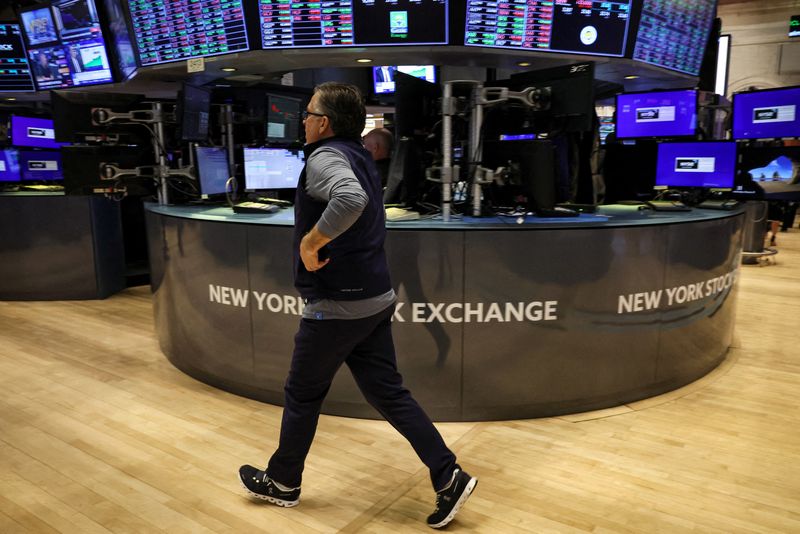By Laura Matthews
NEW YORK (Reuters) -A shift to shorter settlement for U.S. securities transactions earlier this year had a greater-than-anticipated impact on market participants across the board, with Europe reporting the greatest hit, a Citigroup survey showed.
The United States sped up its settlement cycle in May, requiring that equities, corporate and municipal bonds and other securities transactions settle one business day after the trade, instead of two, or T+1.
The transition "was more impactful than expected" for 44% of buy- and sell-side firms, the Securities Services Evolution survey said.
Europe saw the most impact because of the challenges of managing settlement and funding issues in the middle of the night, it added. Overseas investors use currency trades to fund their U.S. securities transactions.
The poll of nearly 500 institutions, conducted in June, gives an insight into how the industry managed the transition globally, and highlights how T+1 was felt across the trade cycle.
"Every area appears to have been more impacted than originally anticipated, from funding to headcounts, securities lending and fail rates," the survey said.
Securities lending, the loan of stocks or other securities to investors, saw the greatest impact across organizations, rising to 50% from 33%. Funding or margin requirements, headcounts and funding costs were also affected.
"Funding has also been at the center of this impact — albeit with an imbalance across the sell-side and buy-sides," the survey stated.
Some 56% of sell-side firms said their securities lending and recalls activities were "significantly impacted" by the move. That had been one of the major concerns voiced by market participants ahead of T+1 being implemented.
Additionally, 52% of banks and brokers saw their headcounts and staffing levels affected, indicating that a preference for hiring instead of using automation has left the sell-side "exposed to large volumes of manual processing and exception handling triggered by their clients," the survey stated.
Citi said more time is needed before the "true, deeper" impact of the accelerated settlement cycle is understood.

The Depository Trust and Clearing Corporation, the Securities Industry and Financial Markets Association and the Investment Company Institute led the move to T+1. DTCC and Sifma did not immediately respond to a request for comment.
An ICI spokesperson said that daily margin requirements decreased by nearly $4 billion in the immediate aftermath of T+1, which over a year "adds up to almost a trillion dollars that managers can put to use elsewhere, which represents a huge win for investors."